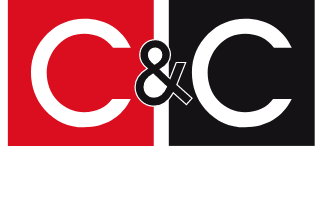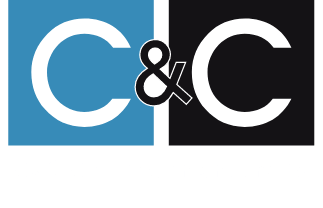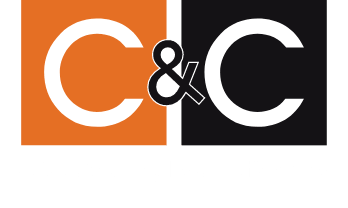Gas safety in any commercial environment is essential. Busy restaurants, hotels, pubs and other businesses with commercial kitchens have a duty to customers, employees and for insurance purposes, to ensure that their gas appliances are both safe and comply with current regulation. Gas appliances such as ovens, combi-ovens and ranges, in addition to flues, pipework and safety devices should be inspected approximately every 6 months. A gas leak will omit poisonous fumes into the workplace, which can prove catastrophic.
Adequate ventilation is also an area in which your gas engineer can provide sound advice. Safe and acceptable levels of ventilation will effectively remove cooking fumes, excess hot air and most importantly, carbon monoxide, a build-up of which can endanger life. Safe levels of carbon dioxide can be determined by a straight forward assessment. It must be no more than 2800ppm (parts per million) to be considered within the limits of safety. Carbon dioxide does not give off a smell. A leak can be very dangerous.
We have previously touched on the importance of keeping commercial equipment clean. Regular inspections and maintenance of ovens, burners, cooker hoods and grease filters will prevent ducts becoming blocked and poor flame quality. The implementation of a strict and regular cleaning schedule will ensure equipment remains clean and free from debris. This method of upkeep will avoid the costly replacement of equipment and more importantly, ensure that health and safety standards remain high.
Gas safety in any commercial environment is essential. Busy restaurants, hotels, pubs and other businesses with commercial kitchens have a duty to customers, employees and for insurance purposes, to ensure that their gas appliances are both safe and comply with current regulation. Gas appliances such as ovens, combi-ovens and ranges, in addition to flues, pipework and safety devices should be inspected approximately every 6 months. A gas leak will omit poisonous fumes into the workplace, which can prove catastrophic.
Adequate ventilation is also an area in which your gas engineer can provide sound advice. Safe and acceptable levels of ventilation will effectively remove cooking fumes, excess hot air and most importantly, carbon monoxide, a build-up of which can endanger life. Safe levels of carbon dioxide can be determined by a straight forward assessment. It must be no more than 2800ppm (parts per million) to be considered within the limits of safety. Carbon dioxide does not give off a smell. A leak can be very dangerous.
We have previously touched on the importance of keeping commercial equipment clean. Regular inspections and maintenance of ovens, burners, cooker hoods and grease filters will prevent ducts becoming blocked and poor flame quality. The implementation of a strict and regular cleaning schedule will ensure equipment remains clean and free from debris. This method of upkeep will avoid the costly replacement of equipment and more importantly, ensure that health and safety standards remain high.
Get in touch
Head Office
C&C Catering Engineers Ltd
Quarry Buildings
Hill Road
Eccleston
Chester
CH4 9HQ
01244 536354
Get Social
Find our more about the C&C Group
![CC-Engineers-logo[1] CC-Engineers-logo[1]](https://cateringengineers.com/wp-content/uploads/CC-Engineers-logo1.png)


